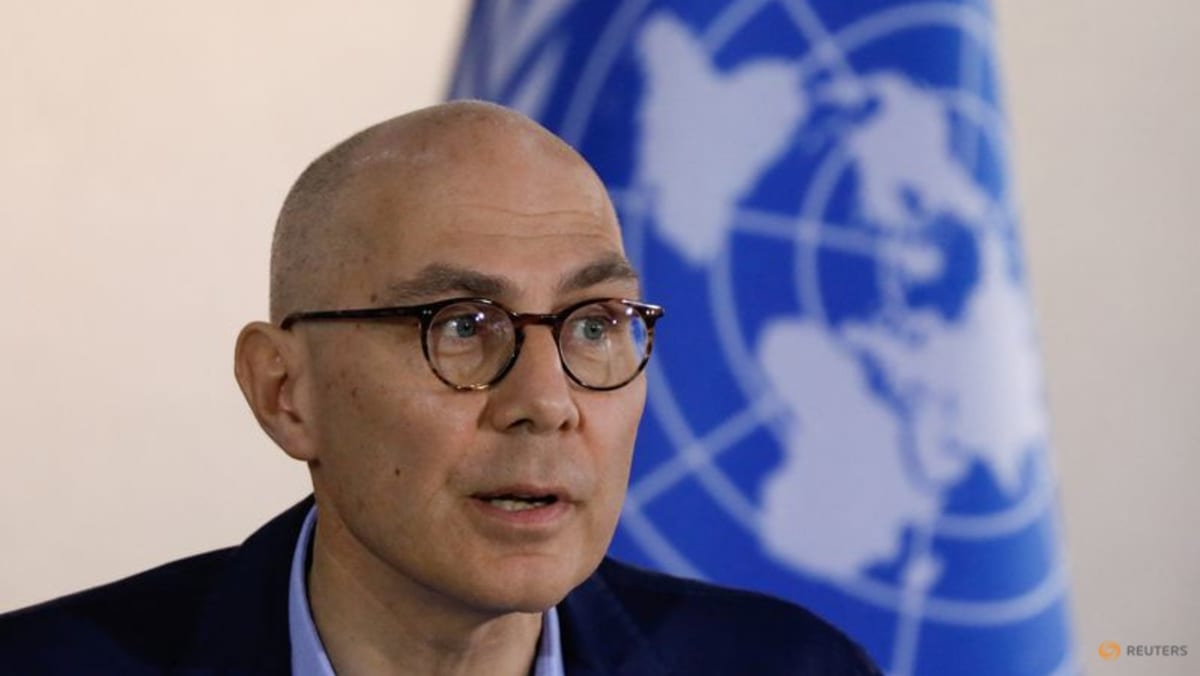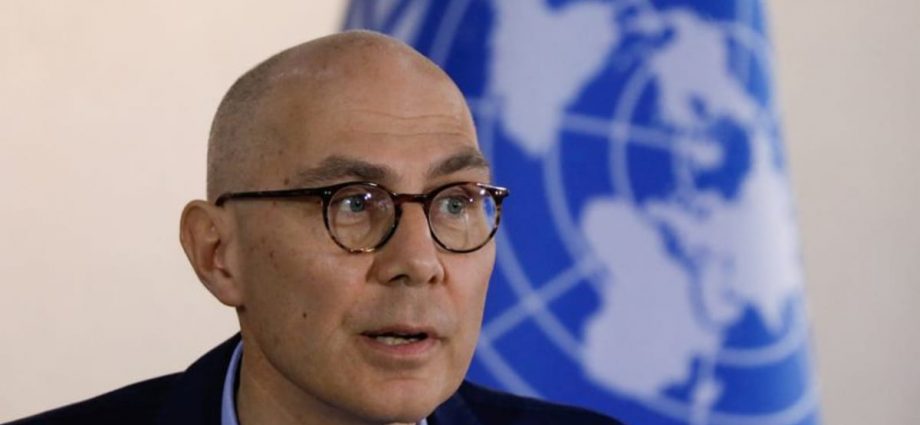
He censured Mali’s military for “serious violations” and stressed the need for continued independent oversight of the situation in Ethiopia, after Reuters reported Addis Ababa was seeking to end a UN probe into alleged Tigray war atrocities.
In rarer criticism of Western democracies, Turk raised the issue of US police violence against Blacks and a possible record drop in living standards in Britain, urging London to talk with striking workers.
He raised China’s alleged rights’ violations, including the large-scale detention of minority Uyghurs in Xinjiang. Turk said his office had opened up channels of communication to follow up on rights issues in China. Beijing vigorously denies all abuses.
“That’s it?!,” said Kenneth Roth, the former head of Human Rights Watch, said in an email to Reuters on Turk’s China comments. “He offers only quiet diplomacy,” he added.
Power in the 47-member council, which has the authority to launch rights investigations, has tipped towards autocracies in recent years. This has sometimes led to set-backs in Western-led efforts to boost scrutiny of individual countries’ rights records, such as in Yemen or China.
Olaf Wientzek, director of the Geneva office of the German Konrad Adenauer Foundation think tank, described the speech as a “balancing act” which sought to raise issues that were important to different regional groups, such as China and women’s rights for Western countries; racism for African countries; and climate change for small island states.

